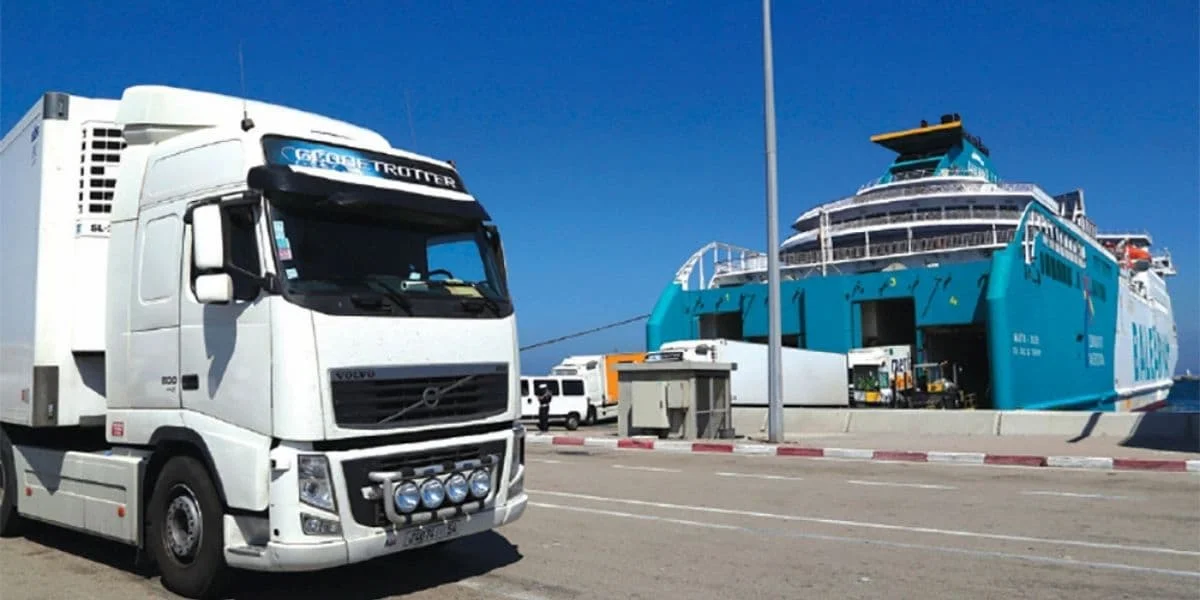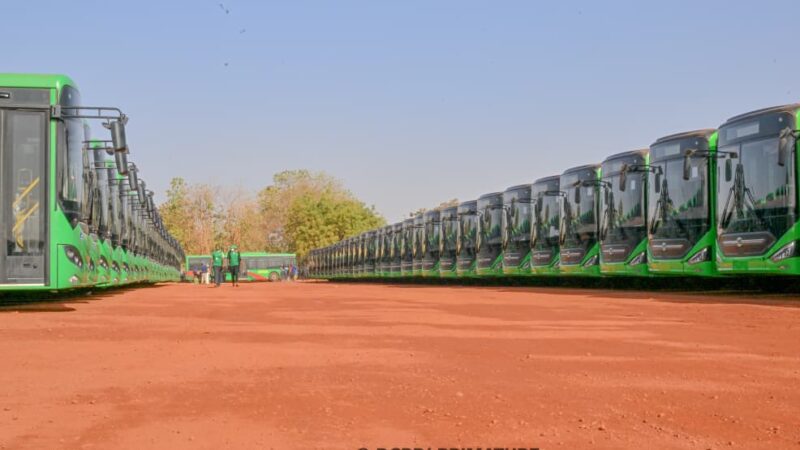Border Tensions: Spain Tightens Fuel Controls on Moroccan Trucks

Spain’s strict enforcement of an old regulation limiting Moroccan trucks to a maximum of 200 liters of fuel in their tanks is triggering major tensions between transport operators and the authorities.
Moroccan drivers, who were previously used to crossing the border with full tanks, are now facing a wave of rigorous checks and fines of up to €900, which the sector deems excessive. This sudden policy shift, after a long period of tolerance, is disrupting the organization of transporters and raising their operating costs. They see it as an arbitrary measure that complicates bilateral trade, which heavily relies on road transport.
A Question of Fiscal Balance
Madrid justifies this crackdown on fiscal grounds. Since fuel is much cheaper in Morocco, trucks entering Spain with full tanks are viewed as unfair competition, causing tax revenue losses estimated at millions of euros annually. To restore balance, Spain has chosen to toughen sanctions, even if it means slowing cross-border flows.
However, this move has escalated tensions: in response, Rabat has stepped up its own border checks. The result has been longer crossing times and higher logistics costs for businesses in both countries.
Call for Dialogue
Faced with this critical situation, Moroccan transporters are calling for urgent talks between the two governments. They stress that the sector—vital for Morocco’s exports to Europe—cannot withstand such administrative and financial constraints in the long run.
Without a swift solution, they fear these sanctions will undermine the competitiveness of bilateral trade and disrupt supply chain fluidity at a time when logistics costs are already on the rise.





